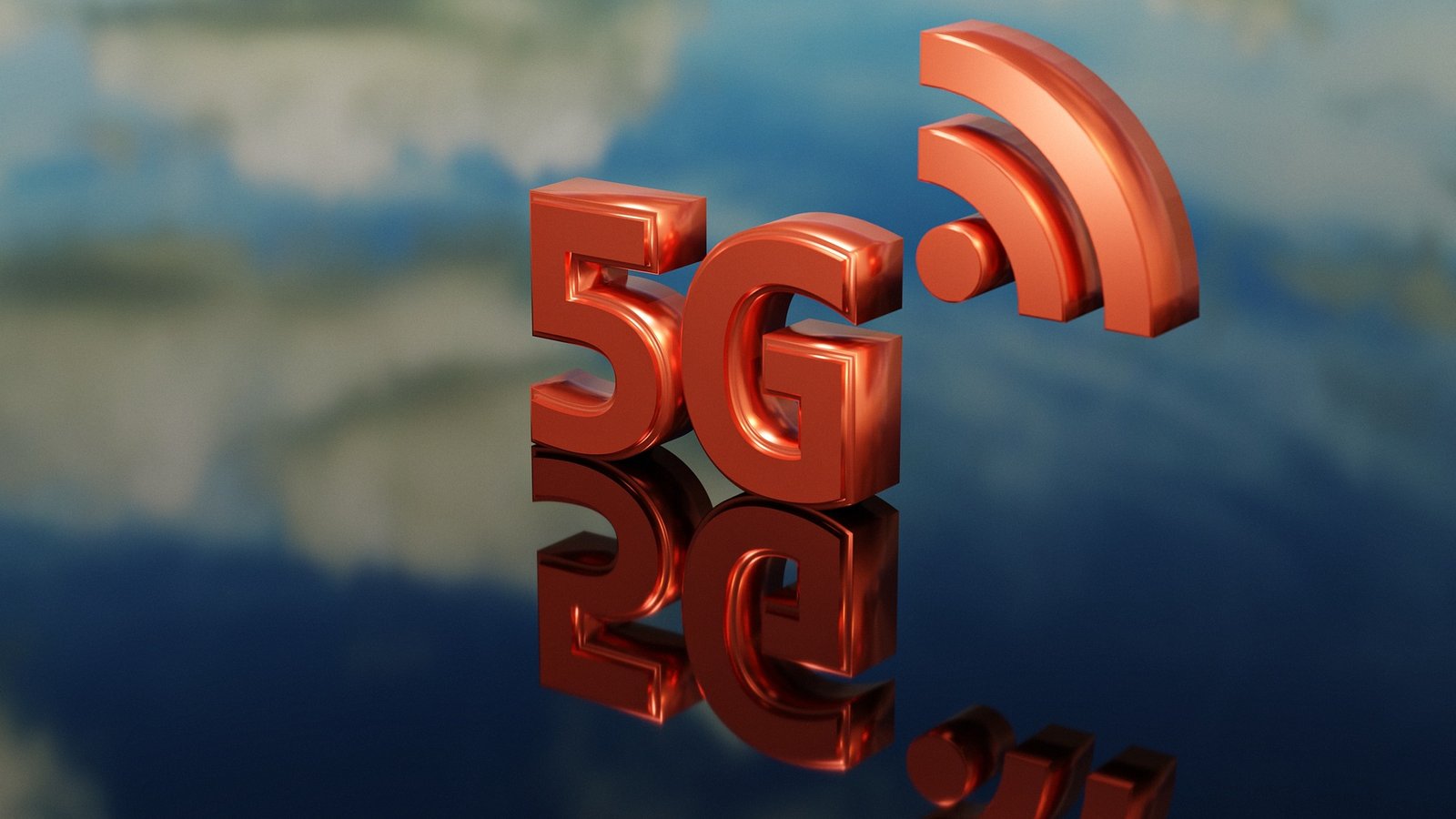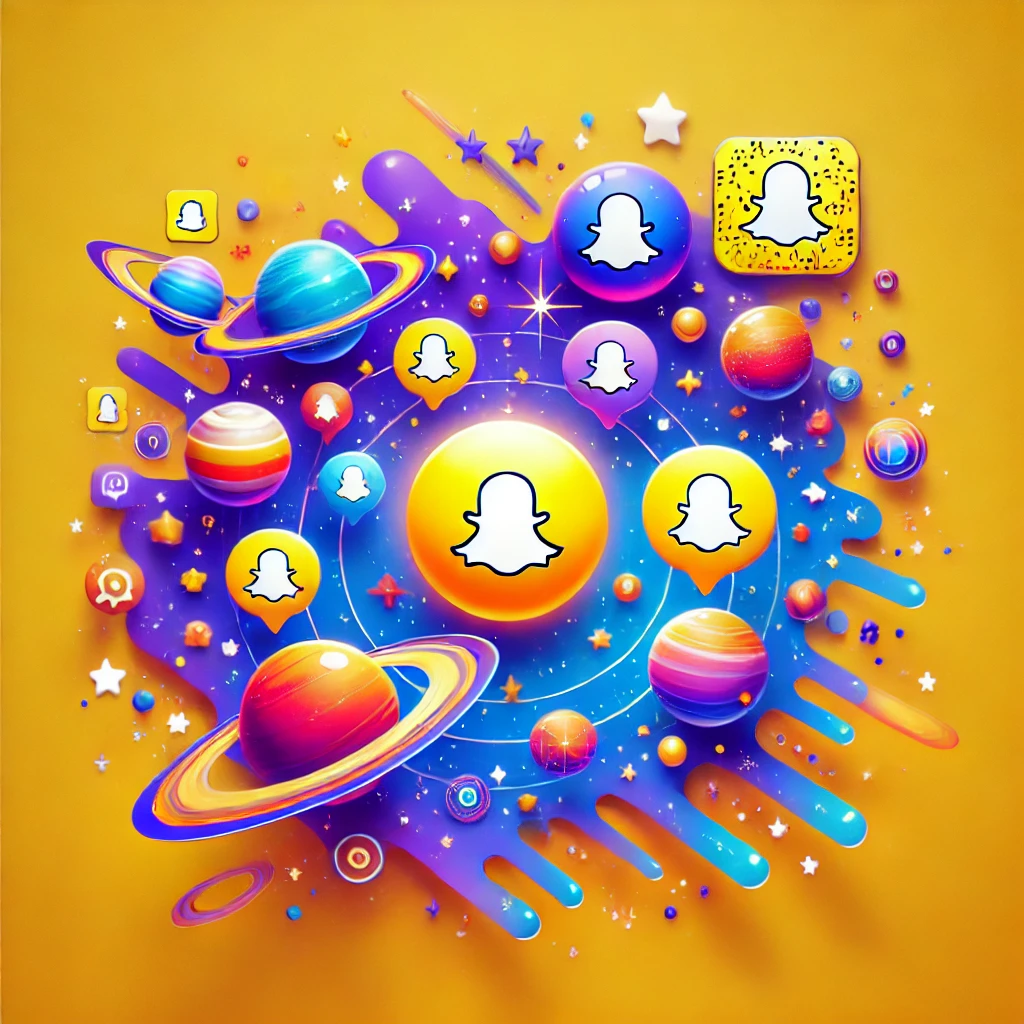In today’s world, where staying connected is as essential as breathing, the arrival of 5G technology marks a transformative leap forward. As the fifth generation of mobile network technology, 5G is set to redefine digital communication, bringing unmatched speed, reliability, and connectivity. This article delves into the profound impact of 5G, exploring how it will revolutionize industries, enhance our daily experiences, and ignite innovation.
Unparalleled Speed and Efficiency
At its heart, 5G technology promises incredibly fast data speeds. While 4G networks typically deliver download speeds of up to 100 Mbps, 5G can exceed a staggering 10 Gbps. This leap isn’t just about bigger numbers; it’s about a radical shift enabling real-time communication and data transfer like never before.
Another game-changing feature of 5G is its low latency. Latency, or the delay before data transfer begins, drops from about 50 milliseconds with 4G to as low as 1 millisecond with 5G. This nearly instant communication is crucial for applications requiring real-time responses, such as autonomous vehicles, remote surgeries, and immersive virtual reality (VR) experiences.
Transforming Industries and Igniting Innovation
The implications of 5G stretch far beyond faster streaming or download speeds. It has the potential to revolutionize industries by powering new technologies and supercharging existing ones. Let’s explore how 5G will impact various sectors:
1. Healthcare
Imagine a world where doctors can perform surgeries from miles away using robotic instruments, thanks to the rapid data transfer of 5G. Telemedicine, remote monitoring, and even remote surgery become not only possible but highly efficient. For patients in rural or underserved areas, this means better access to healthcare services without the need to travel long distances, thereby saving time and money.
2. Automotive
The dream of autonomous vehicles is closer to reality with 5G. Low latency and high-speed capabilities are vital for Vehicle-to-Everything (V2X) communication, where cars communicate with each other and with infrastructure. Real-time data sharing about road conditions, traffic, and hazards enhances safety and efficiency, paving the way for a future with fewer accidents and smoother traffic flow.
3. Manufacturing
5G is the backbone of the smart factory revolution. In manufacturing, Internet of Things (IoT) devices can monitor and control production processes in real time. The high-speed data transfer of 5G ensures that these devices operate seamlessly, increasing efficiency, reducing downtime, and enhancing quality control. Predictive maintenance, where machines alert for potential failures before they happen, minimizes production disruptions.
4. Entertainment and Media
The entertainment industry is already feeling the benefits of 5G, with improved streaming, VR, and augmented reality (AR) experiences. Imagine watching high-definition videos without buffering or immersing yourself in a VR game that feels incredibly real. 5G’s low latency and high bandwidth make these experiences more seamless and enjoyable, opening up new frontiers for content creators and consumers alike.
Enhancing Everyday Life
Beyond transforming industries, 5G technology is set to enrich our daily lives in countless ways. From smart homes to connected cities, the possibilities are endless:
1. Smart Homes
With 5G, smart homes are not just a concept but a practical reality. Devices like smart thermostats, security cameras, and appliances communicate more efficiently, creating a cohesive and intelligent living environment. Picture your refrigerator detecting when you’re low on groceries and placing an order, or your security system alerting you instantly about any unusual activity.
2. Connected Cities
Smart cities leverage 5G to enhance urban living by connecting various elements of city infrastructure. Traffic management systems can optimize traffic flow, reducing congestion and emissions. Public transportation can provide real-time updates, improving efficiency and user experience. Utilities can manage resources more effectively, leading to more sustainable and efficient urban environments.
3. Enhanced Mobile Experiences
For everyday users, 5G means faster and more reliable mobile internet connections. Clearer video calls, responsive online gaming, and swift file downloads become the norm. This enhanced connectivity will also spur the development of new applications and services that weren’t possible with previous mobile networks, enriching our digital lives.
Challenges and Considerations
While 5G’s potential is immense, its implementation comes with challenges. Deploying 5G infrastructure requires significant investment and collaboration between governments, telecom companies, and other stakeholders. This involves upgrading existing cell towers, installing new ones, and developing small cell networks to ensure comprehensive coverage.
Privacy and security are also critical concerns. With more devices connected to the network, the risk of cyberattacks increases. Ensuring robust security measures and protecting user data is paramount to building trust and maintaining the integrity of 5G networks.
Conclusion
5G technology is not just an upgrade from 4G; it’s a revolutionary advancement that will transform how we live, work, and interact with the world. By offering faster speeds, lower latency, and more reliable connections, 5G will drive innovation across various industries, enhance everyday experiences, and create new opportunities for growth and development. As we move towards a more connected future, the impact of 5G will be profound, reshaping our digital landscape and revolutionizing connectivity in ways we are just beginning to imagine.












3 thoughts on “5G Technology: Revolutionizing Connectivity”